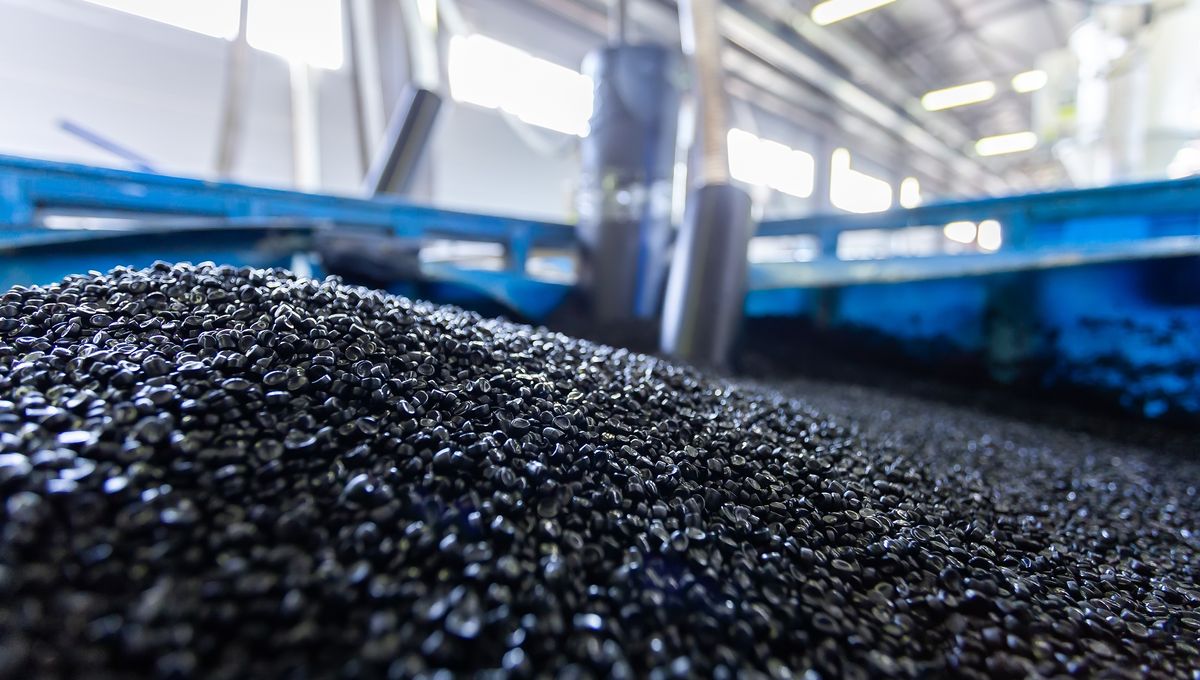
Keeping water pure is important in many aspects of society, from protecting drinking water and for hygiene to less obvious situations, such as the water that scientists use in their experiments. In laboratories, untreated water can cause contamination in scientific experiments, which can lead to wasted hours and potentially have a negative monetary impact.
Laboratory water purification systems are complex with dedicated purification processes all along the system, from tap water to the final ultrapure water product. One element of the system involves cartridges containing a specialized membrane that removes minerals. The water can also undergo irradiation with an ultraviolet (UV) lamp to remove bacteria. Once filtered, the water is stored in a tank, ready for when a scientist is in need. Additional purification filters may be applied to remove even more ions and organic molecules if a scientist needs an even higher level of water purity.
While water purity is important, there is another concern that is constantly looming over everyone’s heads: how to make these processes more sustainable.
When it comes to water purification systems and the exhaustion of water purification cartridges, one thing that people may think about first is recycling. Recycling is one of the more common solutions laboratory technicians and professionals turn to when considering waste management of any consumables, including those involved with water purification.
There have been many public messages about recycling, so much so that many people overlook the rest of a product’s life cycle, which includes waste reduction and reusing.
The US Environmental Protection Agency uses the waste management hierarchy framework to evaluate its sustainability processes, such as the best way to reduce a product’s environmental footprint. This framework lists source reduction as the most preferred action, which is followed by recycling and energy recovery. This means that global corporations should look at ways to reduce the number of disposable products they create and reconsider their product design to see how they can improve its environmental impact.
How can science companies make the water purification process more sustainable?
During the water purification process, cartridges become exhausted over time. These should eventually be replaced before the water quality falls outside of the desired range.
MilliporeSigma, the US and Canada Life Science business of Merck KGaA, Darmstadt, Germany, looked at its water purification systems to identify ways to make them more sustainable. They conducted a Life Cycle Analysis (LCA) of the Elix® 100 water purification system to gain knowledge of the environmental impact of the systems, which revealed that 79 percent of the global warming potential of this product occurs during product use. This means that even when a good recycling system is in place, it is not getting to the heart of the problem.
In the past, there was a well-intentioned program whereby the cartridges were recycled, but it raised concerns about increasing the overall footprint rather than reducing it. This was due to shipping the cartridges (often by air) to the recycling centers, the mixed materials in the cartridges making them very difficult to recycle, and a lack of customer engagement.
In light of all of this, MilliporeSigma’s most recent generations of water purification systems have been designed to be more sustainable by prioritizing the areas that create the largest environmental impact: electrical and water consumption during the usage phase of the system.
As an example, for Milli-Q® IQ 7003/05/10/15 water systems, the product is designed to have up to 35 percent energy savings and to recover 50 percent of water that would normally be wasted. In addition, the size of the cartridges was reduced without sacrificing performance, which reduced the plastic for purification cartridges by 33 percent, and 50 percent of the plastic is sourced from local suppliers who are audited for sustainable supply chain practices. Furthermore, they introduced more sustainable packaging and changed key purification components that originally contained mercury (i.e. the UV lamps) to be mercury-free, all in all allowing an even further reduction in chemical waste.
As the climate is in a state of turmoil, product design changes like the above can have a big impact and help protect the environment. By redesigning the whole system, MilliporeSigma have demonstrated how companies can look at the whole life cycle of their products to find ways to reduce their environmental impact in a multi-pronged approach that doesn’t rely solely on recycling.
To find out more, follow this link.
This article includes sponsored material. Read our transparency policy for more information.
Source Link: Just Because You’re Recycling, Doesn’t Always Mean It’s Sustainable